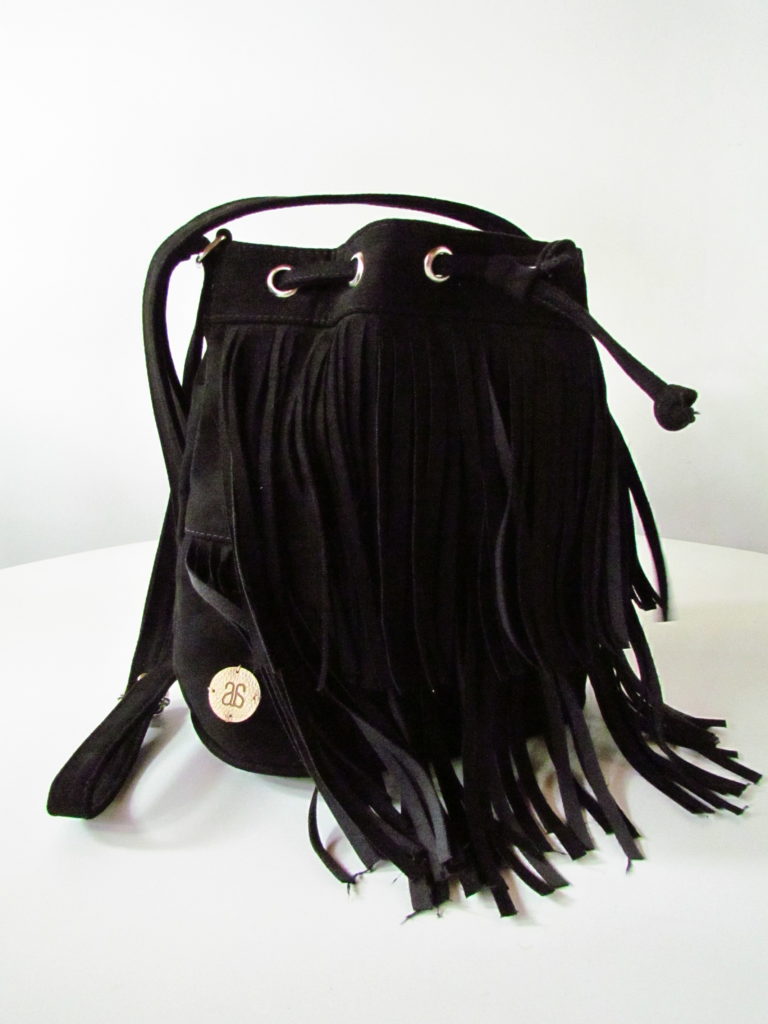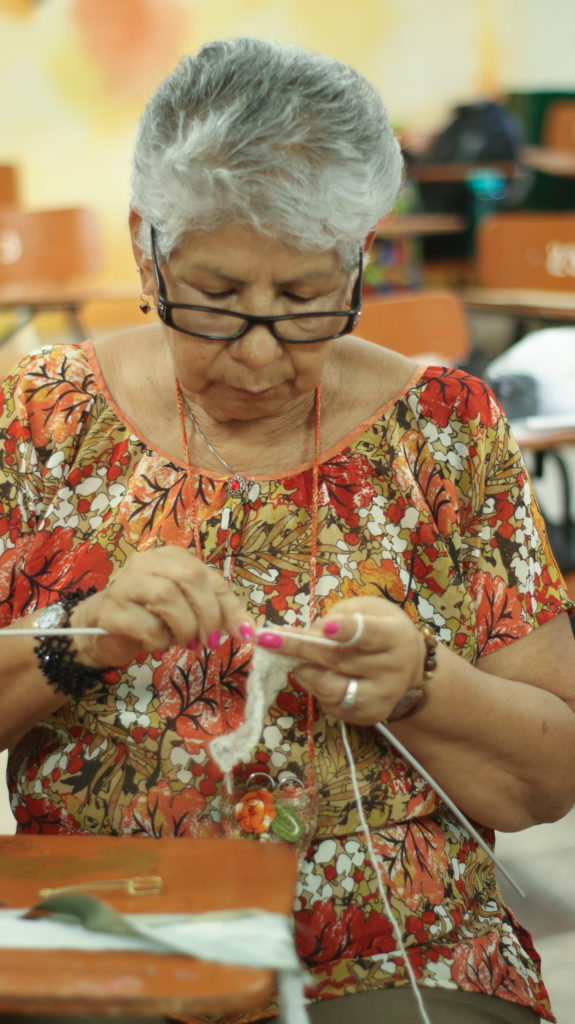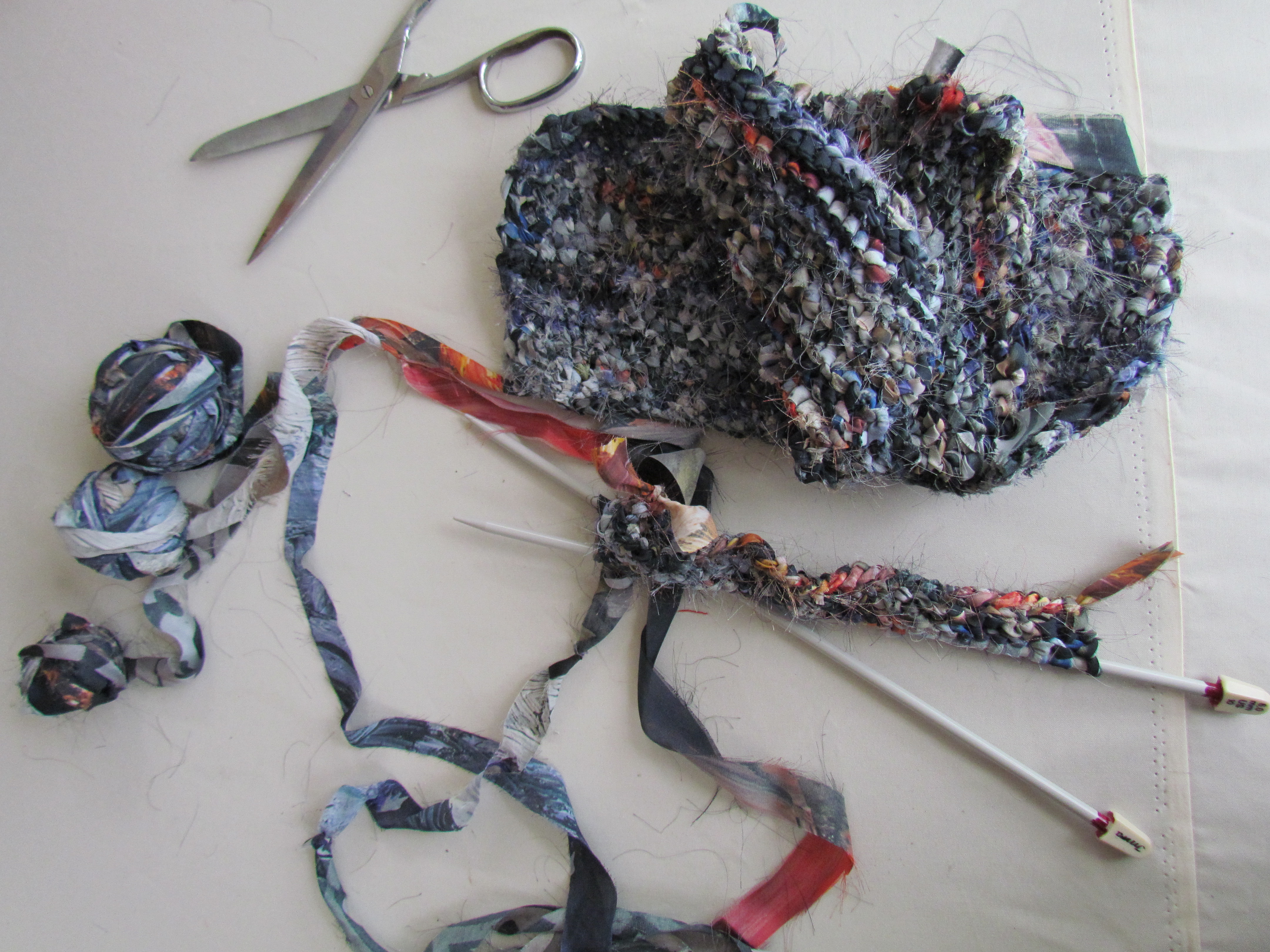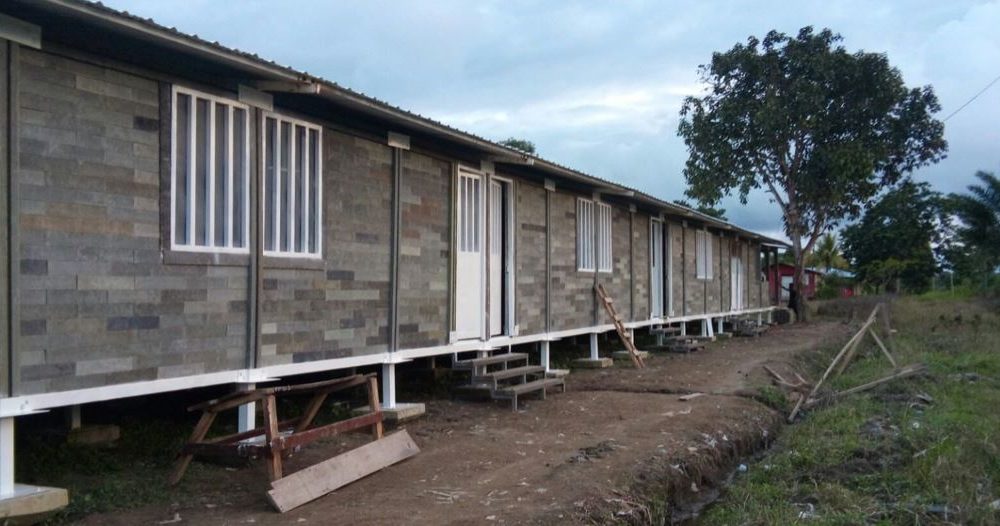Affordable ethical fashion startup Anastasia combines founder and entrepreneur Maria del Mar Jaramillo‘s two passions in life: social impact and design.
Tired of the throw-away nature of today’s ‘fast fashion’ industry, Jaramillo decided to take matters into her own hands and create a brand that used unwanted fabric straps to make bags and other garments.

“In Cali, everyone I know buys fast fashion,” Jaramillo pointed out. “The thing about sustainable fashion sometimes it’s a lot more expensive…So, everyone I know buys at Zara and they feel guilty because…their work is not as ethical as they wish.”
The solution, therefore, was to create a product that is both ethical and sustainable, but at the same time not too expensive.
However, for Jaramillo, it was not enough just to start a business without giving back to the community. Having previously voluntarily worked with both the elderly population and pregnant women, Jaramillo decided to focus on providing opportunities for the disabled, a community particularly close to her heart.
In fact, this decision was made particularly easy for her as, after being featured in a Cali newspaper, Anastasia was contacted by an group who wanted to work with the brand.
Soon into beginning her work with the disabled community, Jaramillo quickly realised that they were particularly creative in their design capabilities. “They are amazing,” she said. “Because they have this perspective of life which is different that they draw and its beautiful.”

It was due to practical difficulties she experienced working with disabled people–such as the use of their hands–that Jaramillo began working with their mothers on the production side of the business. From then on mothers began to help out with the practical aspects of manufacturing, such as operating sewing machines and making patchwork.
In 2014, therefore, a startup was formed that entered a market that was, for the most part, empty. “When I started in 2014…ethical fashion was just non-existent. It was such an unusual term for Colombia,” she said.
However, despite there being more than enough room for her brand and hardly any competition, the difficulty lay in making her product affordable and inclusive enough for Colombian customers to want to buy it.
So in order to keep costs down Anastasia buy scraps of fabric from companies and textile factories, allowing them to save on the costs of raw materials.
Eventually, Jaramillo also found her target market in the millennial generation, who are “more conscious about their environment and taking care of it.”
“Now, you see that there are different independent brands that are doing sustainable fashion in different ways, so the market is getting bigger with time, which is very cool,” pointed out Jaramillo, who is optimistic at the prospect of a widening interest in the market.
“In the US, some brands like Toms already have 2% of the global market, which is huge. So the industry is becoming stronger, which is really motivational and inspiring,” she said.
After a steady few years operating, Anastasia experienced one of its biggest challenges in 2017, when the company crashed. However, against all the odds, they managed to win investment from Shark Tech Colombia (part of Canal Sony LatAm) and the brand was reborn.
Overcoming this hurdle has inspired Anastasia’s latest collection renacer, which translates to ‘reborn.’ “The collection is all about metamorphosis, how you change and become different,” explained Jaramillo. “This was a very cool collection because we were actually reborn.”

Nowadays, the brand is not short of investment. “We have very good investors that help us because with fashion, what is really expensive is channel. Channel can sometimes take up to 40% off your profits. But we have very good investors that help us a lot to find which channels to sell through, which helps us a lot to lower our prices and be more accessible,” said Jaramillo.
In the near future, Jaramillo plans to focus on selling in Colombia, where she believes branding is particularly important in terms of establishing an ethical fashion brand. One aspect of the business she intends to particularly focus on is raising awareness of the company’s social impact within Colombia, which she thinks could be particularly attractive for customers.
Long-term, the idea is to grow within Latin America, selling both online and in boutiques.
Jaramillo also intends to inspire other female entrepreneurs to set up their own businesses in an industry she never imagined to be so male-dominated.
“To girls thinking of setting up their own business, I would say go for it… make it your passion, something you love, and go for it!”





